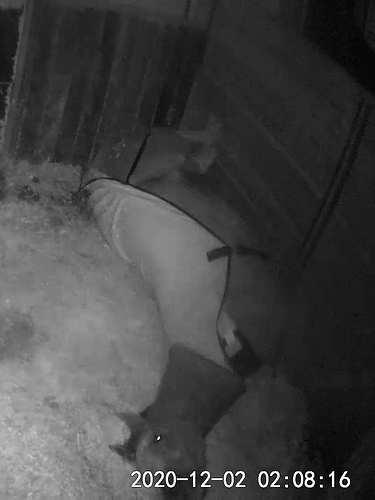What is everyone’s go to method to prevent a horse from getting cast in their stall? My gelding likes to lay near the wall, and twice in the last four months has gotten himself cast. Thankfully I was there both times (once I was in the barn and last night I was asleep but live above the barn so I woke up to the racket of him trying to get unstuck)… but I work nights and if this happened on a night I was working I would have no idea until the next morning.
I see there are anti cast strips that I can buy… do those actually work/help in your experience? I’ve also heard of people banking shavings along the side but I can’t see that helping unless I would need to bank a significant amount or shavings… how much do I need to bank? Are there any other methods you’ve used that help?


 Anyway, Mr. Oscar stopped casting himself in under 2 days IIRC so worth a try to get a week’s worth of one of the gut coating type drugs to see if that stops it and then if it does, decide your best drug (frequency of administering, location of suspected ulcer/s, cost, etc.)going forward based on that.
Anyway, Mr. Oscar stopped casting himself in under 2 days IIRC so worth a try to get a week’s worth of one of the gut coating type drugs to see if that stops it and then if it does, decide your best drug (frequency of administering, location of suspected ulcer/s, cost, etc.)going forward based on that.